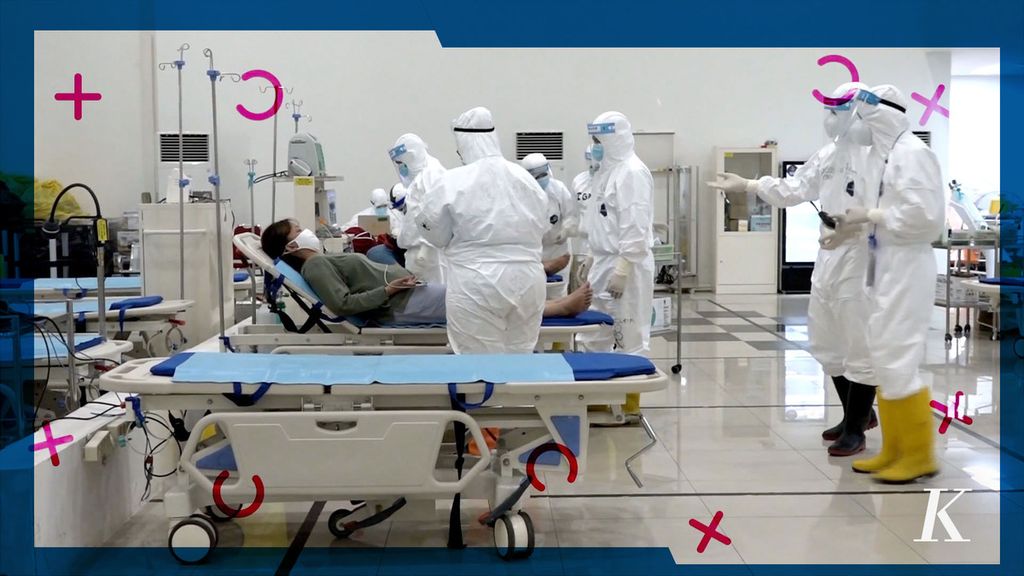Omicron is Not the End
As a result, both replication and transmissibility are increased. Mutations are also found in another part of the spike protein that make it more difficult for antibodies to recognize.

Covid-19 cases in Indonesia have continued to increase in recent times. The Ministry of Health said this increase was triggered by the Omicron variant.
After the deadly Delta-fueled wave subsided, the highly contagious Omicron variant of the coronavirus emerged, turning the tide of the Covid-19 pandemic. Now, the more infectious Omicron subvariant BA.2 is spreading and has alerted us to how the virus constantly mutates to adapt to our environment. Although the virus has been mutating since its emergence, the first detection of Omicron in late November 2021 in South Africa was surprising. Omicron had nearly 50 mutations, 36 of which occurred in spike proteins, compared to the 10 mutations found in the Alpha variant, 12 in Gamma and 9 in Delta.
In the spike protein, Omicron has a different a part connected to the ACE2 receptor on human cells so that it can infect cells more efficiently. As a result, both replication and transmissibility are increased. Mutations are also found in another part of the spike protein that make it more difficult for antibodies to recognize. This will allow reinfection and even infect those already vaccinated. These spike protein changes also render antibody treatments less effective.
Versi cetak artikel ini terbit di harian Kompas edisi di halaman 1 dengan judul "Omicron Bukan Varian Pamungkas ".
Baca Epaper Kompas